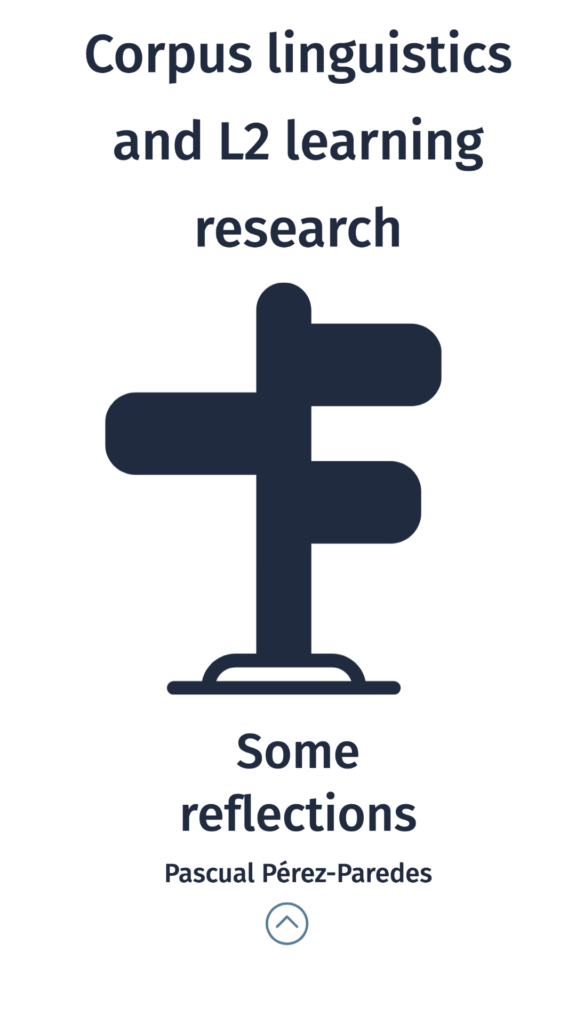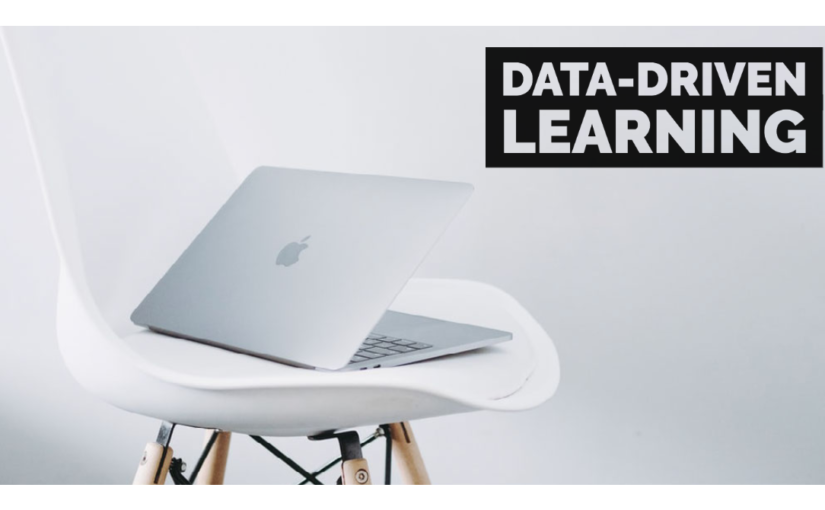Really exciting times for DDL and corpus linguistics and education researchers. There’s some interesting new stuff that has just been published, including some interesting conference videos. Here’s my selection.
(1) Boulton, A., & Vyatkina, N. (2021). Thirty years of data-driven learning: Taking stock and charting new directions over time. Language Learning & Technology, 25(3), 66-89.
Abstract
The tools and techniques of corpus linguistics have many uses in language pedagogy, most directly with language teachers and learners searching and using corpora themselves. This is often associated with work by Tim Johns who used the term Data-Driven Learning (DDL) back in 1990. This paper examines the growing body of empirical research in DDL over three decades (1989-2019), with rigorous trawls
uncovering 489 separate publications, including 117 in internationally ranked journals, all divided into five time periods. Following a brief overview of previous syntheses, the study introduces our collection, outlining the coding procedures and conversion into a corpus of over 2.5 million words. The main part of the analysis focuses on the concluding sections of the papers to see what recommendations and future avenues of research are proposed in each time period. We use manual coding and semi-automated corpus keyword analysis to explore whether those points are in fact addressed in later publications as an indication of the evolution of the field
(2) Dr Peter Crosthwaite, The University of Queensland: Is Data Driven Learning dead? In this talk Dr Crosthwaite ****



